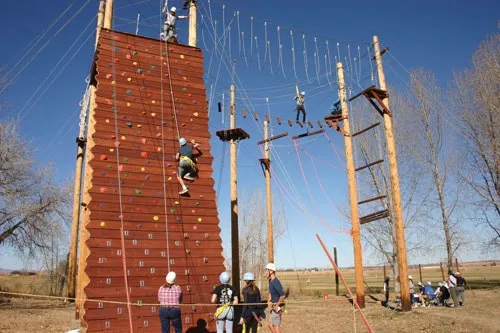Private schools tout learning through experiences — not just in class

Heidi Burke, the daughter of immigrants from Argentina, grew up on a rural Wisconsin farm and remembers playing outside with her siblings — partially because she had no choice.
“My mother expected that we spend time outside as much as possible in all kinds of challenging weather,” Burke said, “and would repeatedly tell us, ‘Being outside makes you stronger!’ ”
Some area private elementary and secondary schools have embraced that philosophy, and made outdoor experiences — complete with appropriate levels of risk — key parts of their curricula.
Now a preschool and kindergarten teacher at…
THIS ARTICLE IS FOR SUBSCRIBERS ONLY
Continue reading for less than $3 per week!
Get a month of award-winning local business news, trends and insights
Access award-winning content today!

